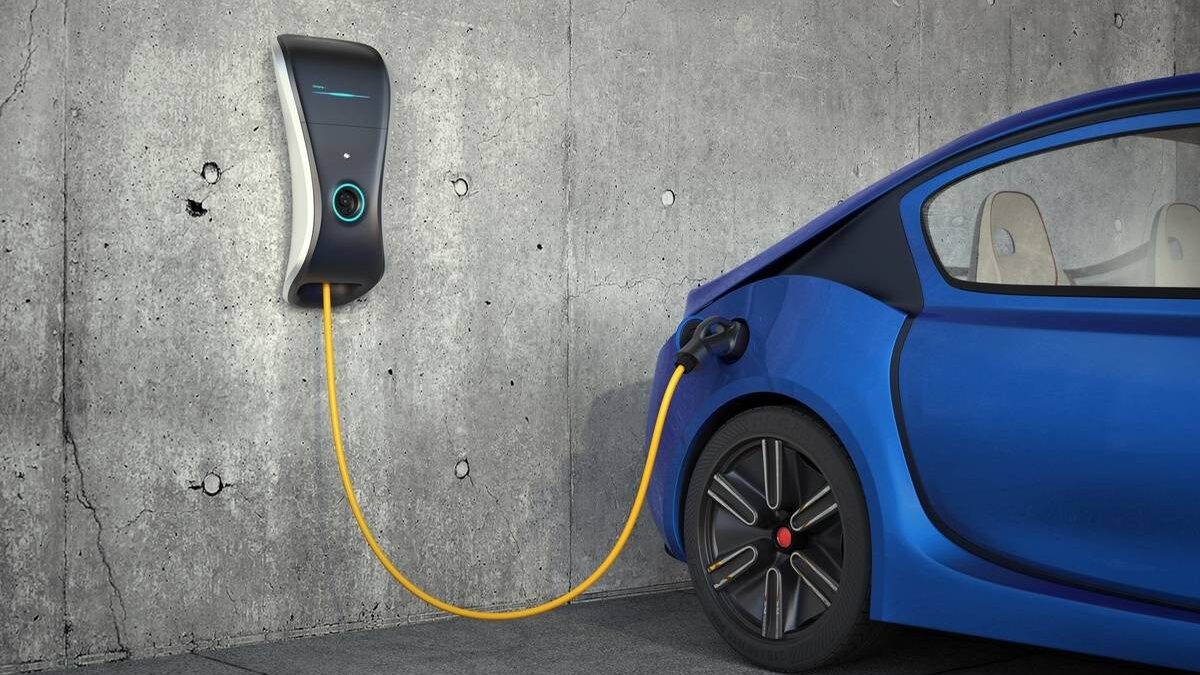The latest Autocharge+ feature from EVgo, which was unveiled on Wednesday, will expand plug & charge functionality to all electric vehicles.
CleanTechnica reported that this technology would no longer require EV drivers to activate the charger using an app or swipe/scan a credit card in order to plug in and begin charging. That is, if their vehicle and payment details are already registered into the EVgo app.
“EVgo believes every step of the charging experience must be convenient and easy, including locating and reserving a charger, finding nearby shopping and experiences, and now with Autocharge+, seamlessly initiating a charging session,” said Ivo Steklac, Chief Technology Officer at EVgo.
“The modern digital technology we’ve built is making charging an EV even simpler than fueling up at a gas station. Autocharge+ is game-changing just like mobile wallets and same-day delivery have become, once again demonstrating EVgo’s leadership in delivering cutting-edge charging services for EV drivers.”
It is worth noting that the plug & charge support for General Motors electric vehicles with DC fast charging capacity announced by EVgo in June is built upon this announcement. Customers of General Motors may easily access rapid charging on the EVgo network with only one registration.
Remarkably, the vehicle is discreetly matched with the driver’s EVgo and GM brand app accounts through the interaction of the charger and the car. Notably, customers of GM must first register their vehicle in the brand app, including myChevrolet, myGMC, or myCadillac, before linking their EVgo account and turning on Plug & Charge.
What’s exciting is that drivers with vehicles made by manufacturers other than GM can now have a similar process. In fact, the launch of Autocharge+ enables it to be made accessible to all drivers with a suitable CCS EV.
The list of cars that can be charged using Autocharge+ includes the following:
- Cadillac LYRIQ
- Chevrolet Bolt EV
- Chevrolet Bolt EUV
- Ford Mustang Mach-E
- Ford F-150 Lightning
- Genesis GV60
- GMC Hummer EV
- Hyundai Ioniq Electric
- Hyundai Kona Electric
- Hyundai Ioniq 5
- Kia Niro Electric
- Kia EV8
- Mercedes-Benz EQS
- Polestar 2
- Subaru Solterra
- Toyota bZ4x
It must be noted that only EVgo customers have access to AutoCharge+. In order to connect their EVgo car, current and new customers must go to the vehicle section, add or pick their EV, and submit an enrollment request using the app. After that, drivers must plug into an EVgo charger to complete the process.
The EVgo network can identify the drivers and determine that they will be responsible for paying the fee by transmitting a unique identification to the charging station.
On the other hand, users must complete their enrollment at a fast-charging station if they do not own a GM vehicle. Remarkably, the car connects to the EVgo account after communicating its identification when plugged into the charging station. That implies that the unique ID will be used instantly each time users connect their car to the EVgo network.
Meanwhile, EVgo claims it has implemented several security measures to prevent fraud. The charging session will be terminated if the time, place, and state of charge (SoC) are impossible. Then, before Autocharge+ can proceed, customers will be given a warning about possible fraud and need to confirm.
Additionally, EVgo advises customers to get in touch with the EVgo Charging Crew via 877-494-3833 immediately if a suspected fraud occurs. Furthermore, all CCS EVs have plug & charge features, which significantly improve their usability for drivers.
With its new partnership with GM and Pilot/Flying J truck stops, EVgo is poised to become a much more significant player, especially for highway commuters.

